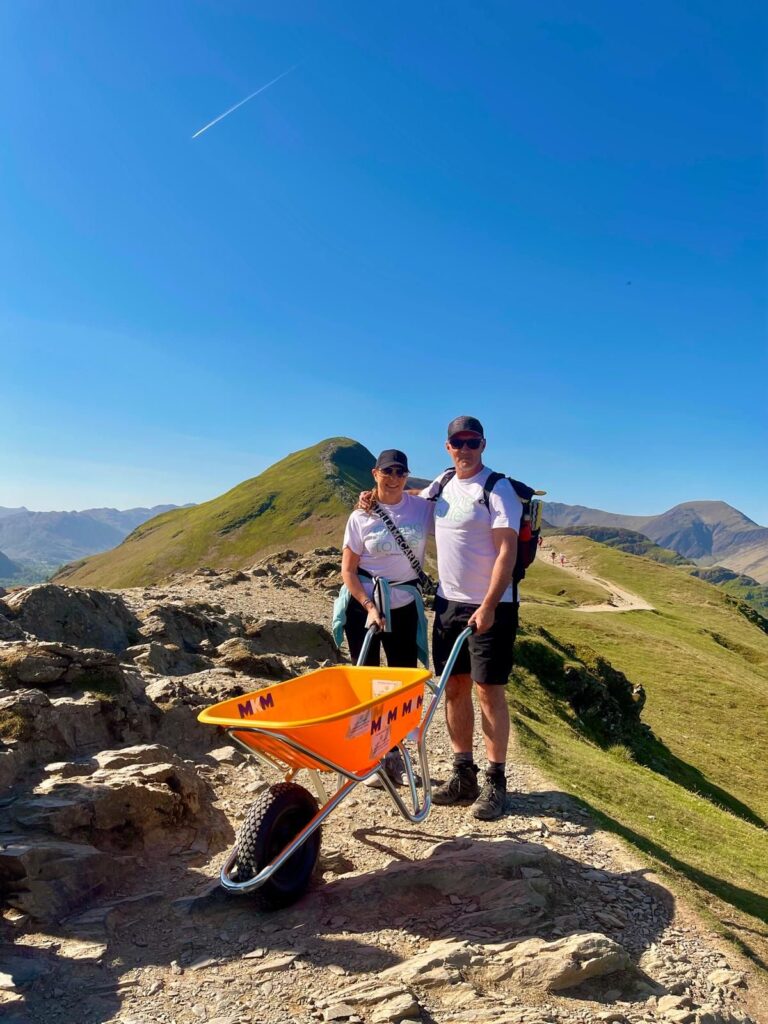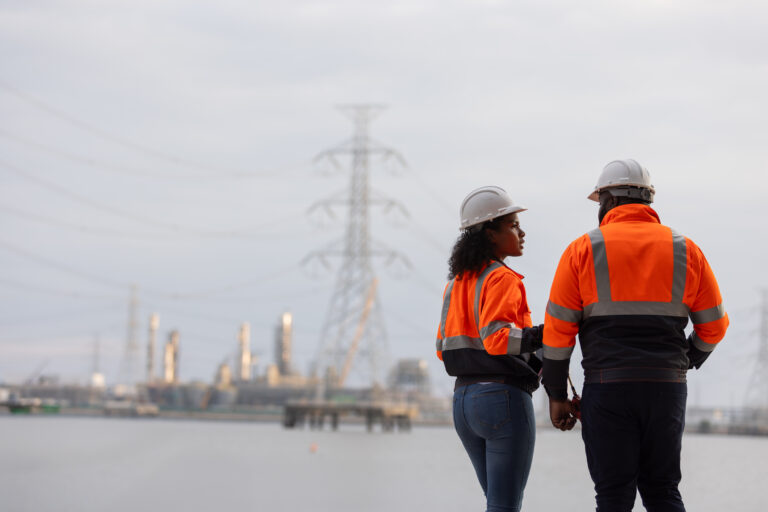Net Zero is not new, it’s been around for decades in many different formats. Now we have a dedicated name, government direction, and a date or focus to achieve net zero. But what does this mean for typical businesses that may want to comply, but lack resources or the budget to engage in everyday decision-making?
Large organisations are already benefiting due to environmental obligations such as SECR and ESOS and are quickly adapting and taking steps towards a greener future, while SME organisations are less pressured. Is this about to change?
Being unsure where to start your organisation’s journey to net zero is often the first hurdle businesses face. To lessen the impact, here are the first recommended key steps to get your business on its way to that target.
1. Appoint a partner
Operational net zero mainly includes Scopes 1 & 2 which are in your control, plus a little of Scope 3, which can be more challenging. This is where the expert can truly make a difference. You may have already experienced partners and suppliers requesting your company’s emissions data, or needing to adhere to an organisation’s net zero standards in order to continue working with them. This is particularly challenging when time is short and when the data may not be readily available. An expert partner takes this headache away and brings together your emissions data, allowing you to focus on your business, products and delivery. Choose your partner based on experience in the sector you operate in, making sure they apply the necessary engineering and scientific rigour to your net zero plan.
2.Define your expectations
Often your expert partner will show you how you can press forward with net zero, although having a general understanding of what you want to achieve in advance will be advantageous. You may not be ready for net zero and an energy efficiency project may be more suited, reducing costs without a full commitment or date publicly set for all to see. Setting an unrealistic date can lead to additional unwanted pressure. Reducing emissions is a pivotal part of net zero, so aligning your expectations is a good place to start. This begins with getting a grip of your emissions data to understand where you are now. For larger organisations where data is readily available as part of the reporting delivered through SECR and ESOS, transitioning to net zero won’t be as daunting but setting your expectations will still form a large part of the process.
In summary, take your time to understand your baseline, set realistic expectations, and align these with your expert partner’s recommendations.
3. Set your net zero date
A focus, challenge, or deadline often pushes us to get aligned and mobilise faster. Setting a date can only be truly realistic with engineering and science at the heart of your strategy. Set a date based upon facts: what your baseline is; and the steps and resources required to achieve net zero. Your expert partner will provide the guidance required to determine realistic steps and help you define a timescale that meets your expectations.
Don’t be afraid to set the date if you have a clear plan in place. Share your date and strategy with others. Net zero is about collaboration and sharing your story can inspire others to start.
4. Collate your data
In addition to defining your expectation and appointing your expert partner, data will be the most critical element within your net zero strategy. If the data is inaccurate, the final output will be too.
The data required will be dependent on whether you are looking to progress with operational net zero, so Scopes 1 and 2, or whether you include Scope 3. This will be confirmed within your defining phase.
Data may be required across multiple divisions with resources required from facilities, finance, and sustainability teams, if you have them.
Since data is likely to come from a variety of sources in many formats, think who to request it from and provide clear deadlines. Make sure the data is reliable and if estimates are required, ask your expert partner to provide them.
5. Create a working group and steering group
Bringing together a team at the very beginning can be extremely beneficial, especially when it includes those helping you to collate the data and set objectives and people who can make key decisions.
A good approach is to assemble a working group for day-to-day decisions with a steering group each month or quarter to present progress, updates and decide the next steps.
Net zero will likely be a new concept to many colleagues, so having a working group will help engage others in sharing your commitment to a greener future.
6. Surveying
After you have collected your data,the next step is surveying. Although don’t let the data collection hold you back from getting your sites surveyed, as this can be carried out concurrently.
Your site could have a mix of listed buildings in a National Trust location, roofs that are unsuitable for solar panels, or an abundance of land and no certainty of how to get the best from it. A survey will determine available projects, the viability of implementing renewable energy, and give a clear understanding of cost and ROI to prioritise and scope the work.
Surveying will identify the art of the possible, help to create milestones and give you confidence on how to remove those emissions from the atmosphere. Spend time within the survey stage and this will deliver a better, smoother transition to achieving your goals.
7. Understand barriers you may encounter
We will encounter various hurdles as we embark upon a sustainable future. While the desire may be there, finance or resources may be limited. You may be a rural business with limited infrastructure to allow for renewable technologies. You may be operating within a listed building, or perhaps you don’t have board support to move forward?
Often the biggest challenge is how to finance the change required. Change will require organisations to consider a range of funding mechanisms such as Power Purchase Agreements (PPAs) and leased models, grants, and interest-free loans. If you can fund the work yourself, this will of course provide the best return. Spending time to plan the financial impact will allow you to grow more sustainably. Starting small may be the answer, proving the benefits to help your organisation make larger more impactful decisions later, building confidence and strengthening your model towards a net zero future.
8. Offsetting
There is a place for offsetting and many businesses go down this path where energy efficiencies or renewables are limited via a landlord lease agreement, or where space is at a premium.
It is important to consider all the proactive options first, such as heat decarbonisation and energy efficiency strategies. Consider whether your billing supplies are green. Are you meeting water conservation targets? Have you implemented smart IT or LED lighting? Is your Building Energy Management System optimised? Have you eliminated drafts and heat loss? What can be achieved with behavioural change across your organisation?
9. Keep it simple
Net zero can be complex. At Zenergi we make net zero simpler by following a process in three stages; Measure, Prepare, and Deliver.
- Measure is the data collection phase
- Prepare is surveying, understanding your challenges and engaging stakeholder support
- Deliver brings it all to life, with a realistic net zero plan
If we simplify net zero by taking steps we have discussed here then the process becomes more manageable. That daunting first step becomes an enjoyable experience, and sharing your successes and challenges will help you and others to celebrate the progress made.
10. Think sustainable in every decision you make
Sustainability should be at the heart of every business decision you make as this can impact your people, your customers, and the environment. Let’s not forget we are in a climate and economic emergency, so emphasise urgency when thinking about how your employees travel to and from work, whether your environmental strategy is reciprocated by your supply chain, and how your organisation has defined and set a target to achieve net zero.
Being sustainable is more than just a tick-box exercise. Sustainability is about making a choice, challenging mindsets, and mobilising your organisation towards a more inclusive structure.
Looking to transform your organisational approach to net zero? Speak to one of our net zero hero’s today.
















